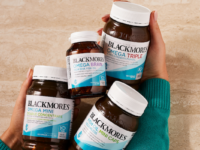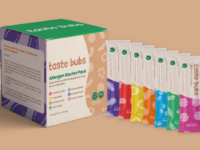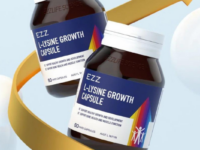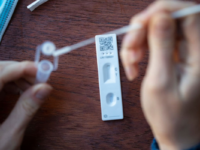 Zifam Pinnacle, an Australian pharmaceutical company, is working hard to be different from its competitors by distancing itself from the competitive games that seem to be characteristic of the sector.
Zifam Pinnacle, an Australian pharmaceutical company, is working hard to be different from its competitors by distancing itself from the competitive games that seem to be characteristic of the sector.
Marketing GM Adam Mortley believes there is a big problem in the way big pharmaceutical companies act toward each other, and says Zifam prides itself on not playing games. He cites as an example Herron and Panadol. “They decided to fight each other, and that went on for a good two or three years.
“Companies have made campaigns to destroy each other, but all they are doing is paving the way for other companies to come straight in,” says Mortley, who also believes there is a lot of false representation in the natural health sector. “However, much of that is being cleaned up.”
He says Zifam pays a lot of attention to research and to the medical side of things so their formulas can be successful. “We have a lab and test everything when it comes in. Everything gets tested regardless, and that’s what you would expect in a lab.”
Mortley says some pharmaceutical testing can often be conducted in problematic ways. “The ABC did a study on the effects on patients of Ginkgo biloba [a herb often used in natural medicine], but the issue was that they had not clarified the active ingredient, the part of the herb that is known through clinical studies to be effective.
Below standards
“Other issues we see in this space include fish oil diluted with gelatin and being passed off as pure. Most lower-priced supplements are of questionable quality, and clinical research has shown that in five leading brands fish oil fell below the standards claimed on the label, and were only just within the TGA permitted guidelines.
“This sort of activity has left many consumers believing that natural supplements don’t work or are ineffective. If the quality was addressed, results would be seen and preventative measures would improve.”
Mortley says the fight for cheaper products only destroys quality.
“The same issues hold true for antibiotics, where organic material is being diluted with solvents in order to lower the manufacturing cost. These methods affect the quality and, in turn, affect the patient,” he says.
Zifam, which has put much emphasis on being Australian owned and doing its manufacturing here, has launched on Amazon in the US, and has a presence in Asia as well. “The Australian market is not very huge,” says Mortley. “Most of the stuff you find in the market comes from China or Thailand.”
Meanwhile, Zifam says it is working hard to ensure its products provide the best treatment possible for patients, and plans to roll out more of its own studies. With procurement and expansion plans on the way, the company aims to be a positive force in the growing sector.















